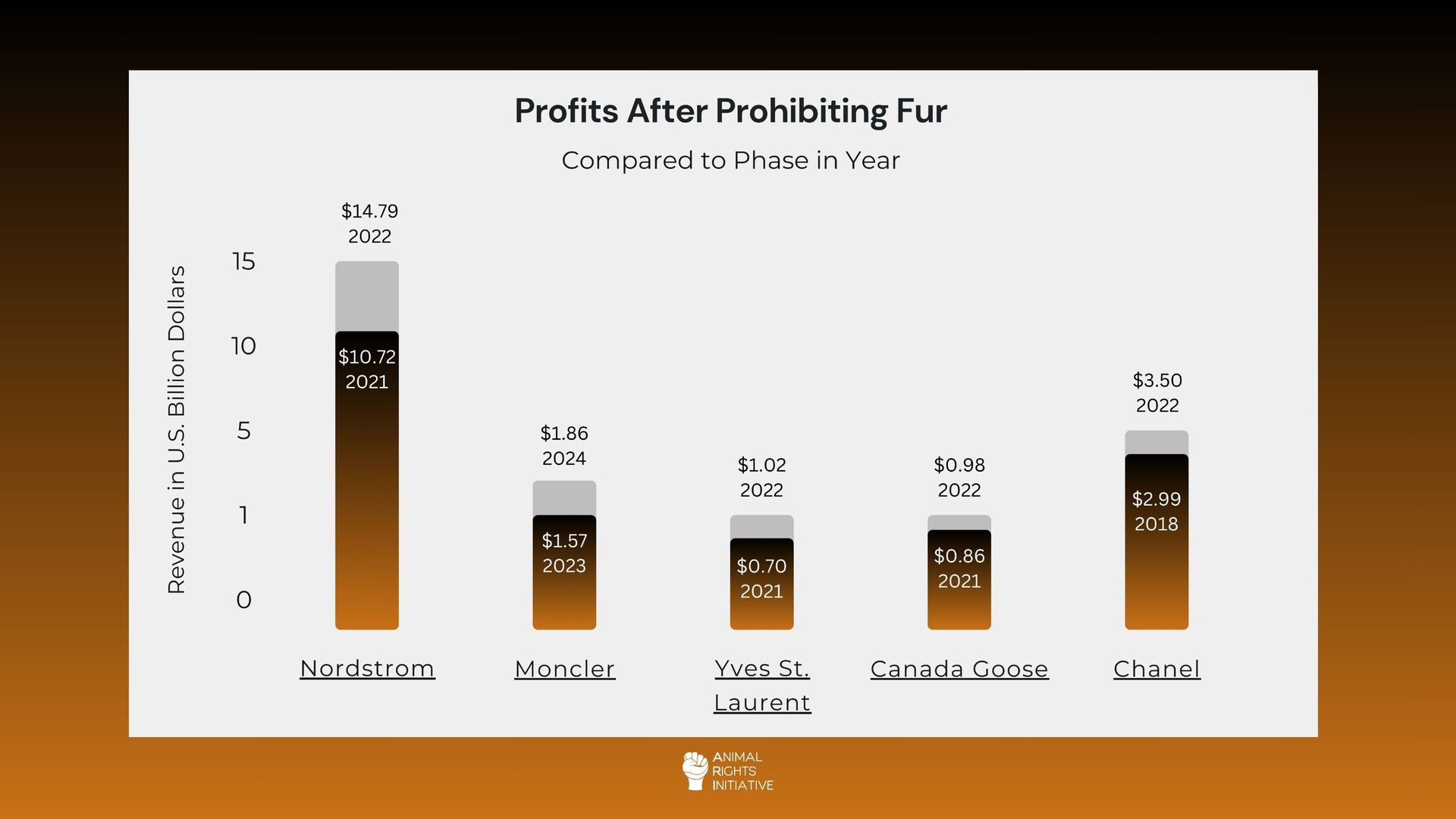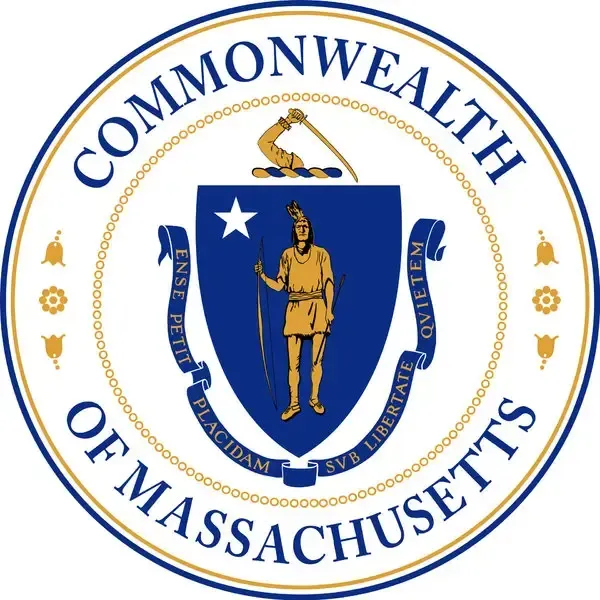About
Timeline
Actions You Can Take
Research
Fact Sheets
about this project
Fur farming and final products pose a unique compound risk to public health and ecosystems. Final products are treated with harmful chemicals the wearers unknowingly absorb. The animals typically farmed for their fur, mink and foxes, are fed fishmeal or other poor quality meat, which has lead to a global issue of hazardous compounds built up in lakes and reservoirs. The single-use nature of the animals contributes to high ecological impact. Fur is largely a foreign industry with 94% of furs coming from overseas, further exacerbating pollutants. The pelts are preserved over welfare standards and often include over feeding to increase size, and inhumane slaughter methods. Approximately 40 million or more animals are farmed for their fur every year.
Timeline for the Fur Campaign
Please Help Support Our Ongoing Campaigns:
Endorsement
Endorse HereAdd your name to endorse the bill where allowed by law.
Washington Petition
Sign NowPlease add your name to the petitions.
Donate
DonatePlease consider a donation to help us perpetuate this critical work. All donations are tax deductible.
Volunteer
Contact UsInterested in spreading the octopus bill to other jurisdictions? You could be involved in our ongoing campaigns. We are actively pursuing legislative action in the following localities: Maine, New York, Massachussettes, Maryland, North Carolina, South Carolina, Florida, Texas, Alaska, Guam, Puerto Rico, the Virgin Islands and the United Kingdom.
Fur Research




Fact Sheets by State
Does Your Organization Need a Fact Sheet or Research Report? Submit an Inquiry Below.
Purpose
PROBLEM:
An estimated 40 million animals are commercially farmed for their fur worldwide every year. 94% are produced overseas.
Because of the single use nature, carnivorous diet, and type of feed used, fur farming poses a unique risk to ecosystems.
SOLUTION:
Helping the fashion industry (farmers, designers, retailers) transition from fur to environmentally-friendly, cruelty-free alternatives. We advocate for bills to prohibit the sale and production of fur including a government assisted relief program for local farmers to transition to more sustainable and productive crops.
OUTCOME:
To reduce demand for non-essential animal fur products and therefore transition factory farms to non-animal specialty crops. To influence public attitudes around wearing fur and other animal based textiles and to support the development of plant-based alternatives.
HOW:
Working directly with lawmakers in Washington, Massachusetts and direct corporate outreach to designers using fur in their products, like Louis Vuitton.





